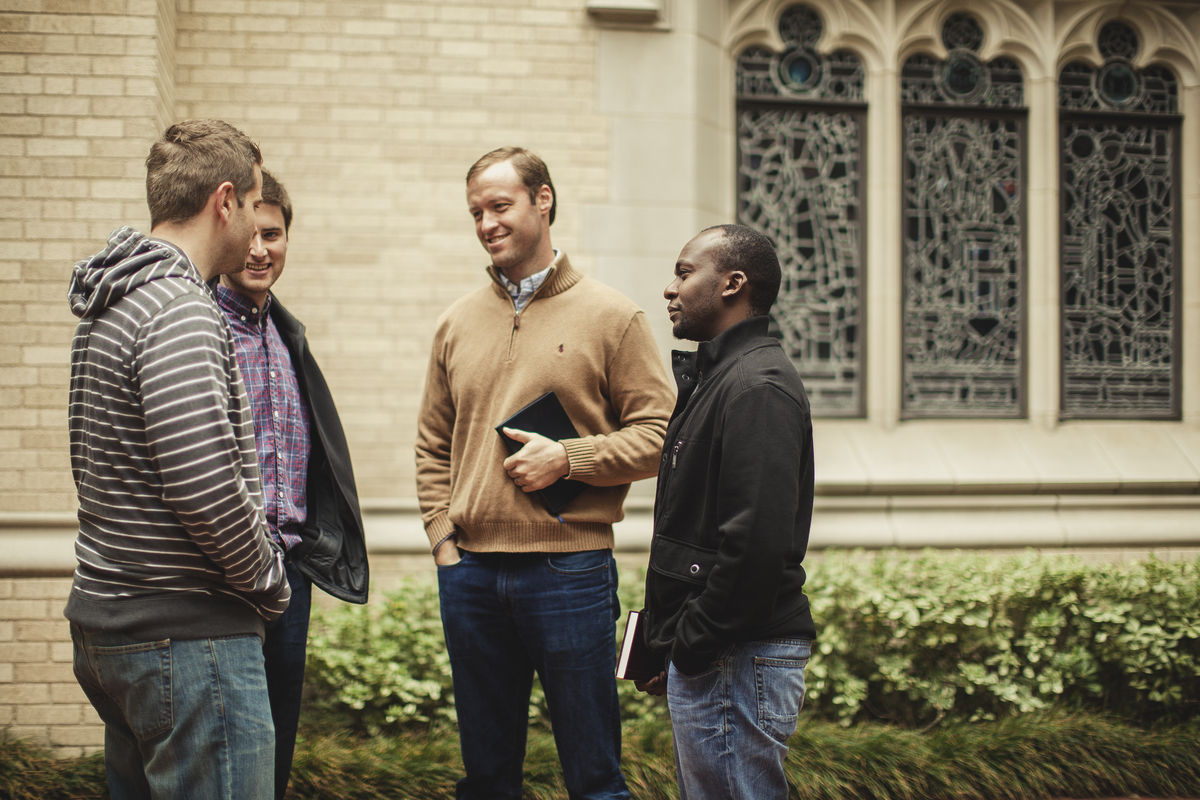In order to receive the Minister's Housing Allowance in retirement, you must be an ordained, licensed, or commissioned minister.
Each year, you need to provide Envoy Financial with a Housing Allowance Authorization letter from your organization (on letterhead), signed by an authorized individual, and indicating the amount of Housing Allowance approved for the year. The letter must be dated by December 31st of the previous year, but the letter can be handed in later than that.
Whether the minister owns or rents a home, it is essential that his or her employing organization designate a housing allowance. Housing allowances must be:
Adopted by the organization board or leadership
Recorded in written form (such as minutes)
Designated in advance of the calendar year
However, organizations that fail to designate an allowance in advance of a calendar year should do so as soon as possible in the new year. The allowance will operate prospectively.
Also, the minster must spend the allowance on eligible housing expenses during the year in which it was given.
What You Need to Know About Housing Allowance
Housing allowance cannot exceed the lesser of 100% of compensation or actual housing expenses. If you want to take more than your housing allowance limit, then you will be taxed on the extra amount.
You can NOT take housing allowance if you roll your money over to an IRA or 401(k). You must keep your money in a 403(b). However, if you get a new job, then you can roll the money back into a 403(b) and have housing allowance eligibility.
Housing allowance is excludable from gross income for federal and state income tax purposes but not for self-employment tax purposes. When a portion of compensation is received as housing allowance, federal and state taxes are directly reduced. SECA taxes are not directly reduced.
Housing allowance is an exclusion from income permitted by Section 107 of the Internal Revenue Code. It is not a deduction. In other words, a housing allowance is money that is not reported as income. A housing allowance is never deducted because it is never reported as income in the first place. However, the minister is required to include any excess housing allowance as income on their Form 1040.
Just to re-iterate, you can exclude an amount from federal and state income taxes that is the lowest of the following options:
A church-designated housing allowance
Housing expenses, such as mortgage, rent utilities, repairs, etc.
The fair rental value of the residence
The rest of the money is subject to federal income taxation.
To learn more about housing allowance, download our FREE Housing Allowance eBook.
* Envoy Financial does not offer legal or tax advice and encourages that you consult with a lawyer and/or professional tax advisor for personalized tax advice.






